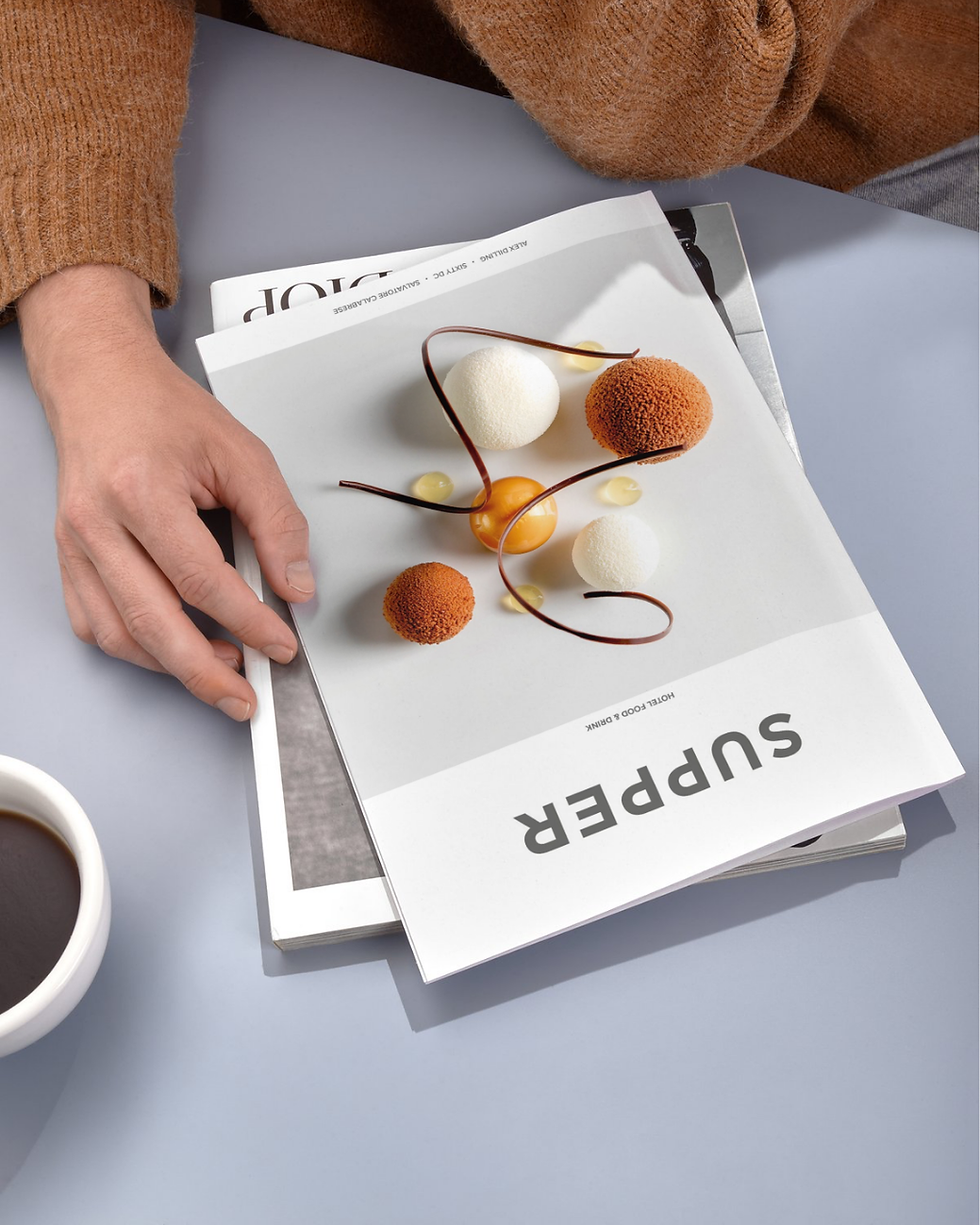Why are consumers moving towards experiences over things?
- Angela Malik

- Feb 28, 2019
- 3 min read
The inaugural Experiential Leisure Conference, launched by Think Hospitality and Propel, was an excellent opportunity to learn and share views with sector experts and operators on the seismic strategic shifts happening in how we think about our bricks and mortar spaces. We face changing consumer tastes, a fast-moving digital landscape and a costly retail high street. Traditional food and drink business are being called to create physical, multi-sensory occasions that offer customers an enhanced IRL (in real life) experience. The conference speakers gave us their valuable insights into how they have successfully capitalised physical experience as the unique selling point of their diverse business models.
“Experiential retail is not new,” said James Hacon, managing partner of Think Hospitality, opening the conference with an overview of the market and current trends. For generations past, the high street on a Saturday or, later, the mall was Mecca – a gathering place, an entertainment labyrinth, a food hall stuffed with choices. Fast forward to today, an era in which the digital world has taken social escapism to new heights, and millennials have a richness of experience. They seek things to “do” and focus groups show it’s not okay to “do nothing”. Memory has become the new product. As a society we are moving towards experiences as opposed to things:
• 50% of consumers would rather spend money on entertainment and events than material things
• 52% of consumers would rather tell a friend about an experience than a purchase they have made
Several key factors are driving this behavioural push towards experience. The influence of social media, particularly Snapchat and Instagram, promotes the attitude “I want to share stuff and I’m also seeing what my friends are doing”. This, in turn, creates a show-off, “peacock” factor. In an age when the art of conversation is dying, views are more influential than speech.
The dramatic closure of major high street chains has led to increased availability of retail space and retailers are pushing more footfall-driving initiatives to bring people to their stores. Tie that into increasing travel, globalisation and the rising trend of teetotalism among post-millennial Generation Z and it means all customers want experiences.
At the conference, we heard from a top line-up of experiential leisure operators – Matt Grech-Smith, co-founder of Swingers with two crazy golf venues in London; Frankie Edwards, head of the Jamie Oliver Cook School; Josh Ford, co-founder of Time Run and creative director of The Game Is Now talking about the escape room phenomenon; and Toby Harris, chief executive of Social Entertainment Venues.
What became apparent was the huge diversity of entertainment on offer, ranging from skittles, cocktail theatres and secret cinemas to darts, crazy golf, bingo and axe-throwing. Kitchen Theory founder and chef Jozef Youssef gave a fascinating presentation on the principles of experience design in gastronomy. He explained the utility value of eating had become greater as an experience rather than the food’s value. “Gastrophysics” (the sights, sounds, smell, touch and taste of food) is the practical application of how we engage food with people. Dining is a multisensory experience; how can we augment and tweak this? What made all these diverse businesses experiential was they were hands-on, shareable, competitive, social and visual.
Excellent insights for operators came from Nick Telson, founder and chief executive of DesignMyNight, a nightlife discovery website that allows customers to tailor their evenings out. It has seen a huge rise of bars and spaces where customers can “do” things with an 18% year-on-year growth in experience spend. The website’s top three searched-for words were “quirky”, “something different” and “secret”. However, Nick cautioned operators shouldn’t cut corners when delivering experience. His top tips for experiential spaces were:
• Instagrammable spaces
• Interactive “things to do” for customers
• Finger on the pulse of what’s cool now
• Cocktails that are interesting
• Building in an element of secret or surprise
Despite the challenging macro-environment, it is an exciting time for the hospitality and leisure industry. In my opinion the physical spaces made available by our bricks and mortar buildings should not be seen as a liability. They should be viewed as an opportunity to redefine how we engage with customers using the uniquely multi-sensory nature of food, drink and setting to create memorable IRL experiences.
First published in Propel Friday Opinion.




Comments